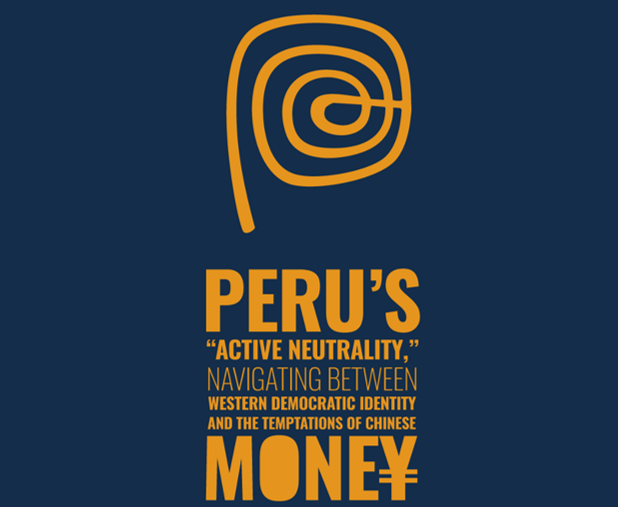
Peru’s "Active Neutrality": Navigating Between Western Democratic Identity and the Temptations of Chinese Money
This study examines Peru’s “active neutrality” toward the People’s Republic of China (PRC): an attempt to reconcile the country’s Western democratic identity—and long-standing ties with the United States—with the allure of Chinese finance and markets. Drawing on recent fieldwork and interviews, it maps how this stance materializes across critical arenas: mining and hydrocarbons, ports and rail, telecommunications, and security. The COSCO-operated Port of Chancay emerges as a powerful symbol—at once a catalyst for growth and a flashpoint for debates over regulatory sovereignty, fair competition, and who ultimately benefits.
Findings highlight a trade profile still anchored in primary commodities, with PRC-based firms holding pivotal positions in extractives. In power and digital infrastructure, acquisitions and contracts have expanded Chinese corporate footprints in Lima and beyond, while the spread of surveillance, scanning, and mobility platforms raises governance and data-security concerns. The analysis also traces “soft-power” channels: scholarships, Confucius Institutes, media content-sharing, and curated travel for officials and journalists.
Looking ahead to Peru’s April 2026 elections, the paper argues that the viability of active neutrality rests on four pillars: transparency, competent institutions, rule of law, and strategic planning. The core principle is straightforward: projects should generate enduring value for Peru rather than asymmetric privileges for implementing firms. The study closes with avenues for cooperation with democratic partners to strengthen regulatory, technological, and security capacities—without foregoing legitimate economic opportunities.



